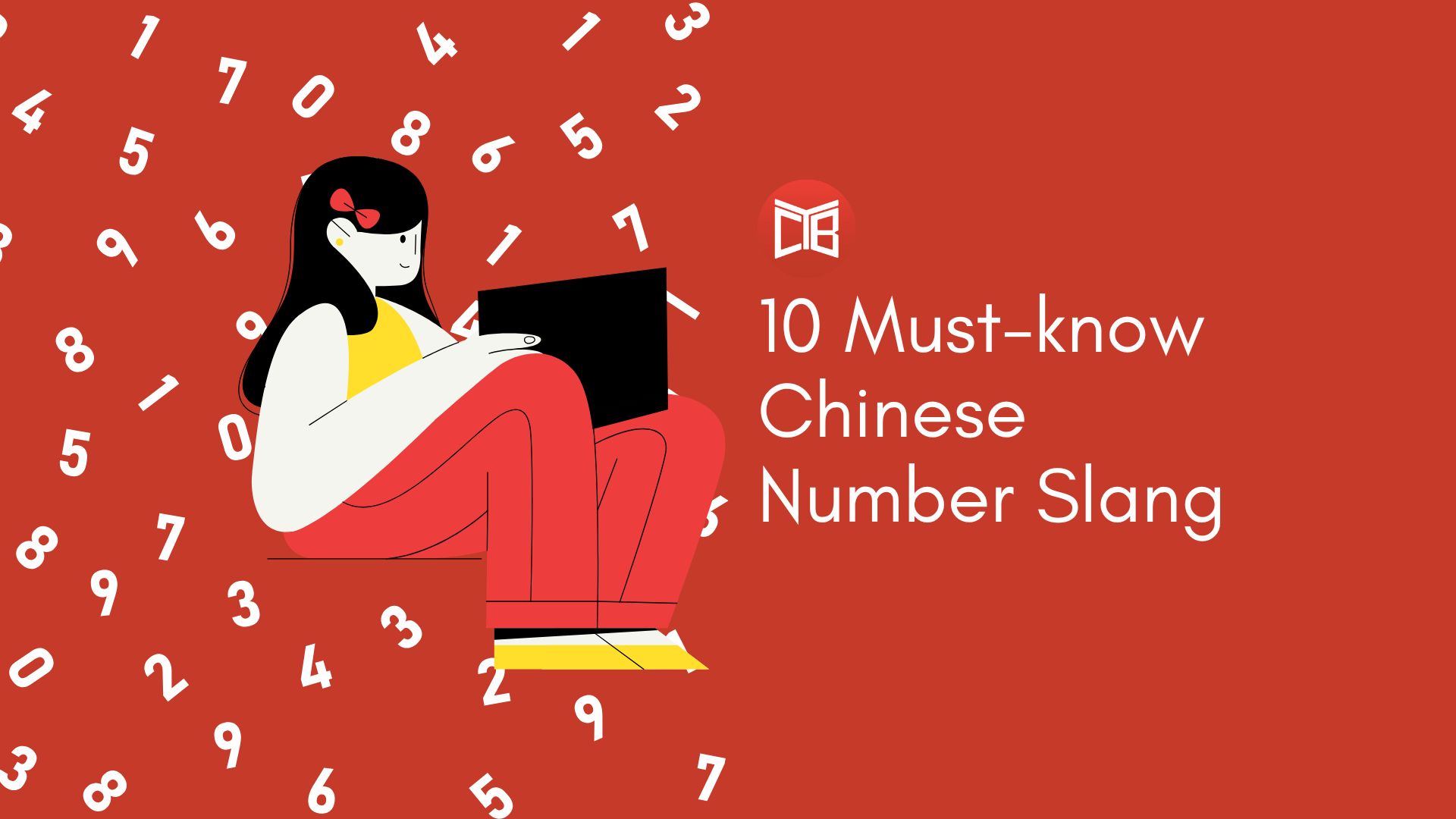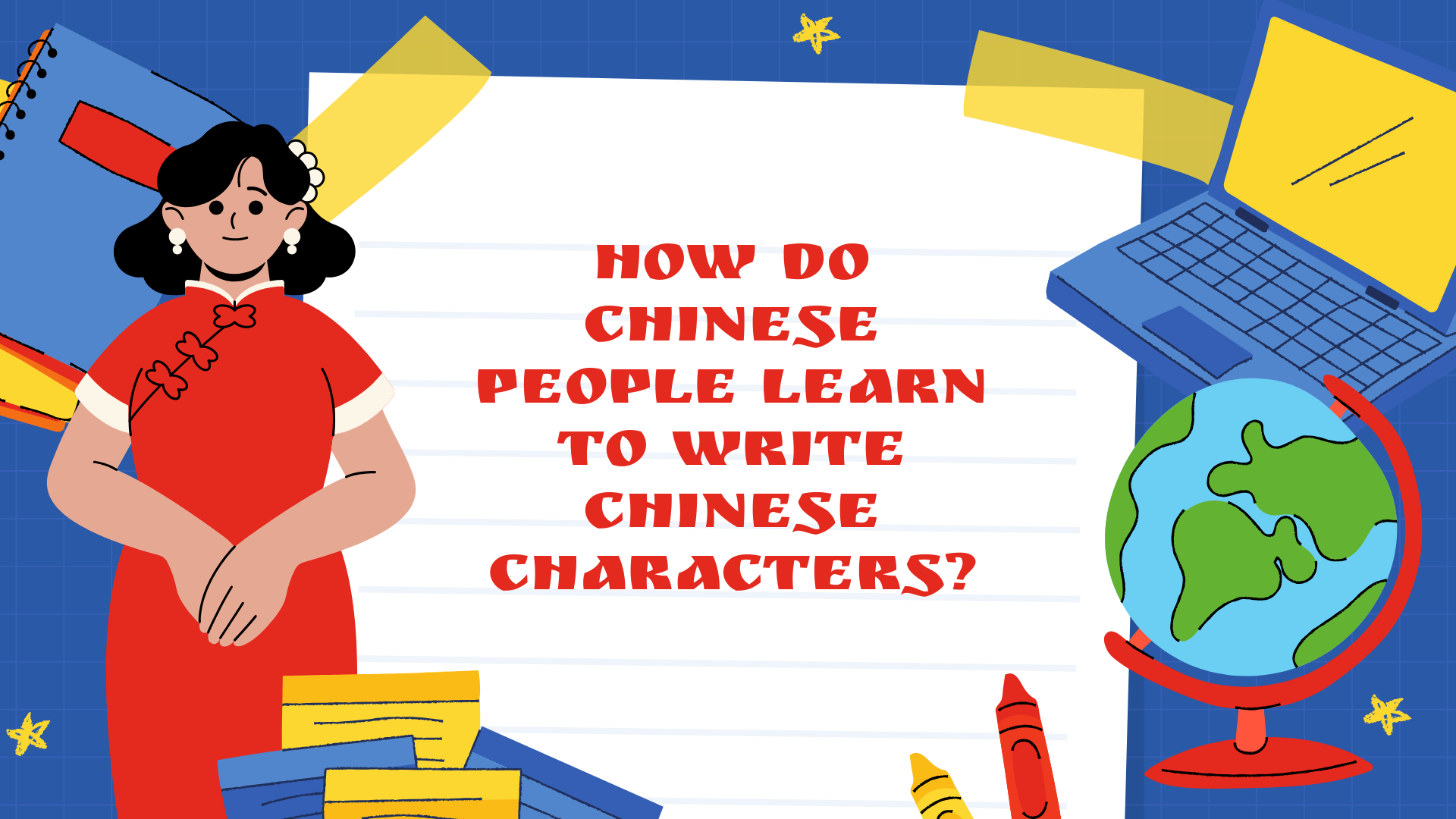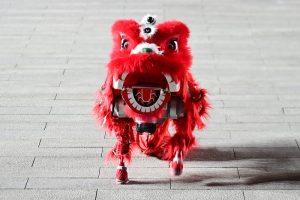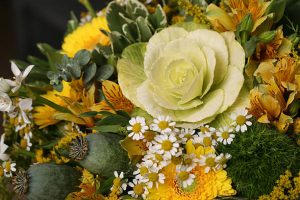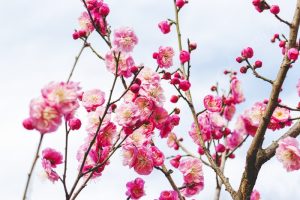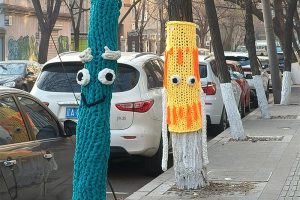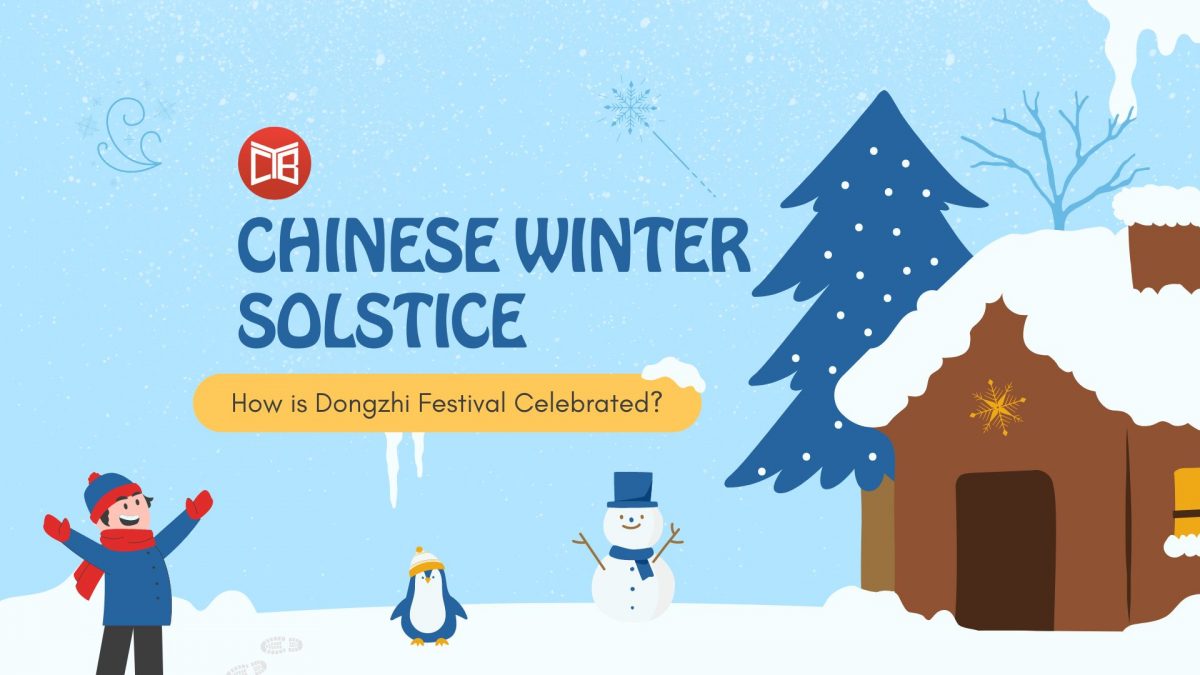
What is Chinese Winter Solstice?
Winter Solstice, known as Dongzhi (冬至) Festival in Chinese, is the day that the Northern Hemisphere experiences the shortest day and the longest night of the year. The word dong (冬) in Chinese means “winter” and zhi (至) means “arrival”, so Dongzhi Festival is roughly translated as “the arrival of winter”. After Winter Solstice, the days become longer and the nights become shorter, signaling the beginning of the coldest period of the year. With ancient roots in Chinese philosophy, Winter Solstice has been celebrated in China for over 2,000 years and it was historically as important as Chinese New Year. While not as widely celebrated as in past generations, Winter Solstice is one of the most important dates in the Chinese lunisolar calendar and is widely observed. Particularly among agricultural communities and in Traditional Chinese Medicine (TCM) practice, Winter Solstice is a time to get together with friends and family, give thanks for the harvest and to prepare for the cooler winter months ahead.
When is Winter Solstice in China this year?
Winter Solstice in China usually falls between 21st and 23rd December. In 2024, it will be celebrated on Saturday 21st December.
Chinese Winter Solstice in 2025: Sunday 21st December
Chinese Winter Solstice in 2026: Tuesday 22nd December
Chinese Winter Solstice in 2027: Wednesday 22nd December
Chinese Winter Solstice in 2028: Thursday 21st December
Chinese Winter Solstice in 2029: Friday 21st December
Chinese Winter Solstice in 2030: Sunday 22nd December
The history of Winter Solstice in China
The celebration of Winter Solstice in China can be traced back to the Zhou Dynasty (1,045-256 BC), making it one of the oldest observed festivals in Chinese culture. It wasn’t until the Han Dynasty (206-220 AD) that Winter Solstice was declared an official holiday, with people given time off from work to gather and celebrate with family and friends.
Is Winter Solstice as important as Chinese New Year in Chinese culture?
For over 2,000 years, Winter Solstice has been treasured in Chinese philosophy and there is an old Chinese saying “冬至大如年” (Dōngzhì dà rú nián), which translates to “Winter Solstice is as big as the new year”. Historical records indicate that people would save money to buy new clothes in preparation for the winter period and celebrate with lavish meals with friends and family, as well as to honor ancestral graves. Although not as important as in years gone by, the celebration of Winter Solstice is still important in Chinese culture. It is a time for family reunion, wholesome meals and regional traditions.
Learn more about the importance of the 24 Chinese solar terms in Chinese philosophy.
The Kitchen God
It is believed that during the Winter Solstice period, the Kitchen God ascends to heaven to report each family’s conduct to the Jade Emperor. This strengthens the importance of family during Dongzhi Festival in Chinese culture.
Is Winter Solstice an Earth Worship Festival in China?
While Winter Solstice has agricultural and cosmological importance in Chinese culture, it is not categorized as an Earth Worship Festival. Dongzhi Festival is a time to celebrate the increase of positive yang energy with the return of longer daylight hours. It is a time to focus on family, the balance of yin-yang energy and the turning of the seasons in preparation for the colder winter months.
Top 10 ways people in China celebrate Winter Solstice
- Family gatherings. Traditionally, Winter Solstice is a time for families to get together and eat seasonal foods. It is thought that a family meal shared for Winter Solstice can help to guard against the coming cooler months.
- Eat dumplings (northern China). In China’s northern, wheat-growing region, jiaozi (饺子) are eaten for Winter Solstice. There is a traditional belief that eating dumplings can protect you and your family against frostbitten ears during the winter months.
- Eat tangyuan (southern China). In China’s rice-growing southern areas, tangyuan (汤圆) are prepared and eaten for Dongzhi Festival. Tangyuan are glutinous rice balls usually filled with sweet fillings like sesame paste or red bean paste. Tangyuan symbolize family unity and prosperity.
- Eat lamb soup. According to TCM, lamb meat has positive yang energy which warms the body and aids circulation. Lamb soup is a popular way to enjoy lamb meat for Winter Solstice, which is thought to strengthen the body for the approaching colder weather.
- Eat rice cakes. Rice cakes called niangao (年糕) are enjoyed for Winter Solstice and they symbolize hope and good fortune for the year ahead. Niangao are often made from glutinous rice flour and can be steamed, fried, or boiled.
- Counting nine. Counting nine or shijiu (数九) is an ancient tradition that begins at Winter Solstice. It involves counting the nine-day periods that lead to the arrival of spring. It is thought that counting the days until spring helps people to track the passage of time and look forward to the warmer months.
- Give thanks and make offerings to ancestors. Like Double Ninth Festival and other Chinese celebrations, Winter Solstice is a time to give thanks and honor ancestors.
- Focus on health and well-being. With the belief that Winter Solstice marks the beginning of longer days and renewed positive yang energy, many people focus on their health and well-being. Consuming warming foods such as ginger and garlic, drinking green tea and engaging in moderate exercise are common practice.
- Agricultural activities. Winter Solstice is one of the most important dates for Chinese agricultural communities. It is a time to take stock of the year’s harvests with family, have a rest and begin preparation for the upcoming crop planting season.
- Community activities. Particularly in agricultural communities, Dongzhi Festival is celebrated with communal festivities such as performances and fairs.
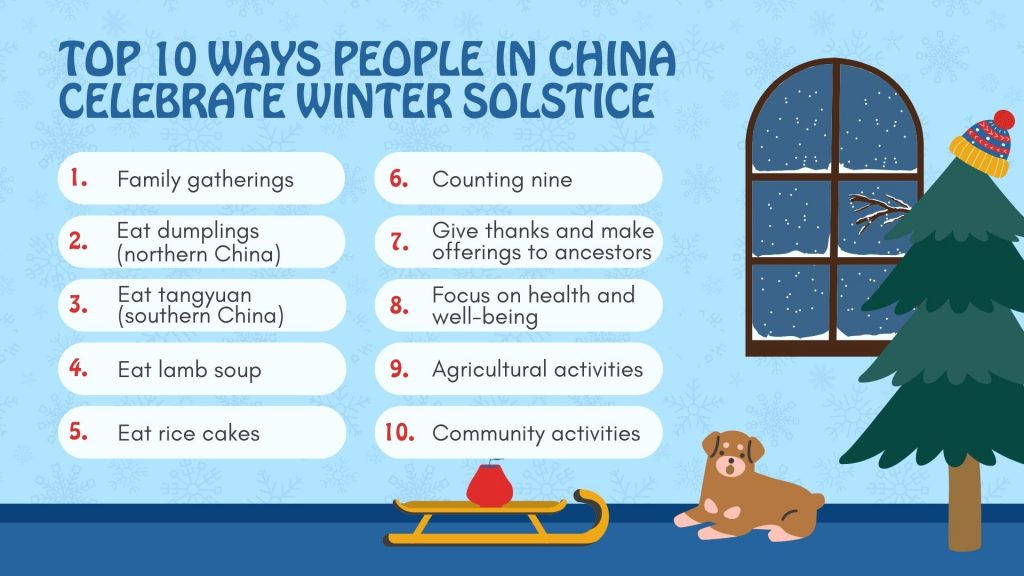
Is Winter Solstice a public holiday in China?
Winter Solstice is no longer a public holiday in China, however it is still widely celebrated. In the past, Winter Solstice was a huge celebration in Chinese culture and government offices and businesses were closed for a five- to seven-day period. In Hong Kong and Taiwan, some businesses still let their employees leave early on Winter Solstice to spend extra time with their families, however it is not a legal requirement.
Winter Solstice in TCM
Winter Solstice holds great importance in TCM. During Winter Solstice, TCM practitioners focus on the importance of nurturing the body to withstand the cold and support the upcoming increase in positive yang energy. After Winter Solstice, days gradually lengthen, increasing daylight and yang energy. This change is captured in with the Chinese character fu (復) which is often displayed during Winter Solstice, symbolizing renewal.
Key Chinese vocabulary for Winter Solstice
Here are the top 10 words and phrases related to Winter Solstice in Chinese with the associated Pinyin and English translations:
- 冬至 (Dōngzhì) – Winter Solstice
- 阴阳 (yīn yáng) – yin and yang
- 阳气 (yáng qì) – yang energy
- 复 (fù) – Returning (symbol of renewal for Winter Solstice)
- 阳光 (yáng guāng) – sunlight
- 节气 (jié qì) – solar term
- 健康 (jiàn kāng) – health
- 滋补 (zī bǔ) – nourishment
- 养生 (yǎng shēng) – health preservation
- 灶君 (zào jūn) – Kitchen God
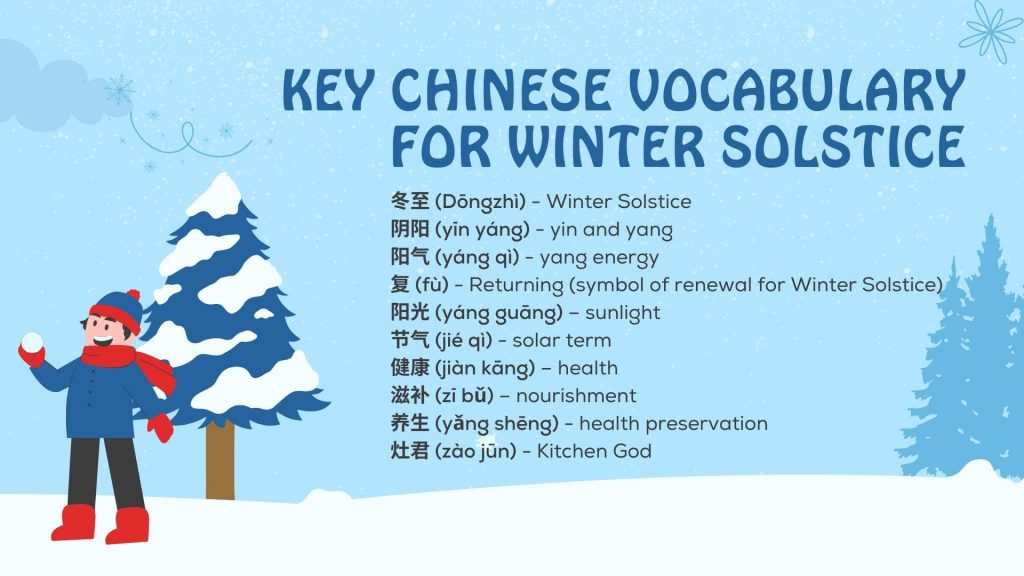
FAQ
- What is Chinese Winter Solstice? Chinese Winter Solstice, known as Dongzhi (冬至) Festival, is the shortest day and longest night of the year. It marks the arrival of winter and the beginning of the coldest period of the year.
- When is Winter Solstice in China this year? Winter Solstice in China typically falls between 21st and 23rd In 2024, it will be celebrated on Saturday 21st December.
- Is Winter Solstice as important as Chinese New Year in Chinese culture? Historically, Winter Solstice was as important, if not more important, than Chinese New Year in Chinese society. However, in modern times, Chinese New Year is a much bigger celebration than Winter Solstice.
- Is Winter Solstice an Earth Worship Festival in China? Winter Solstice is not an Earth Worship Festival in China, however there are similarities in practice due to Winter Solstice’s importance in agriculture and cosmology.
- Is Winter Solstice a public holiday in China? Winter Solstice is not a public holiday in modern day China, however in previous centuries it was honored as a five- to seven-day public holiday.
Author
Sean studied Chinese and Spanish at University of Leeds and founded The Chairman’s Bao alongside Tom Reid in his final year of study in 2015. Current Managing Director of The Chairman’s Bao, he has overseen the company’s growth from university bedroom concept to an international force in the EdTech industry with over 200,000 individual users and over 400 global partner institutions. Sean also launched Newsdle alongside Tom Reid and Oliver Leach in 2021, for students and teachers of Spanish and French. In his spare time, Sean is still a keen language learner and runner. He also sits on the Board of charity Leeds Irish Health and Homes in the UK.





